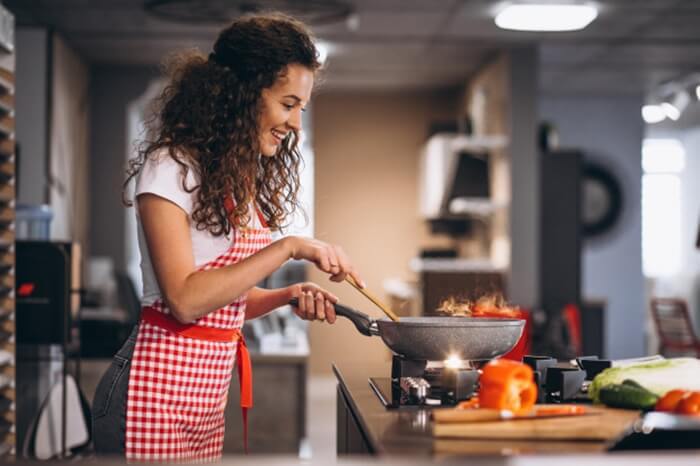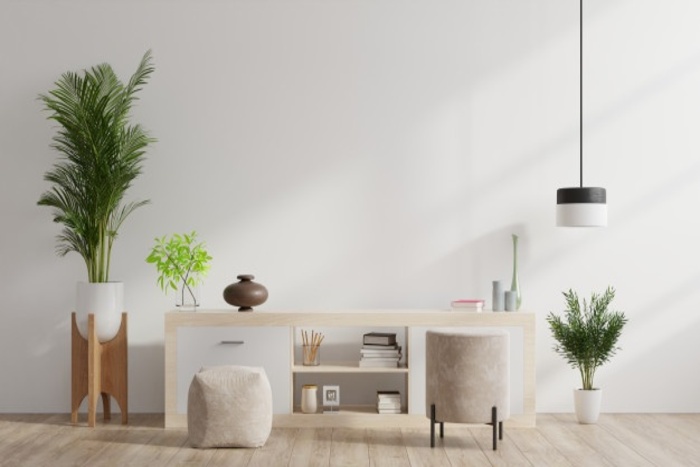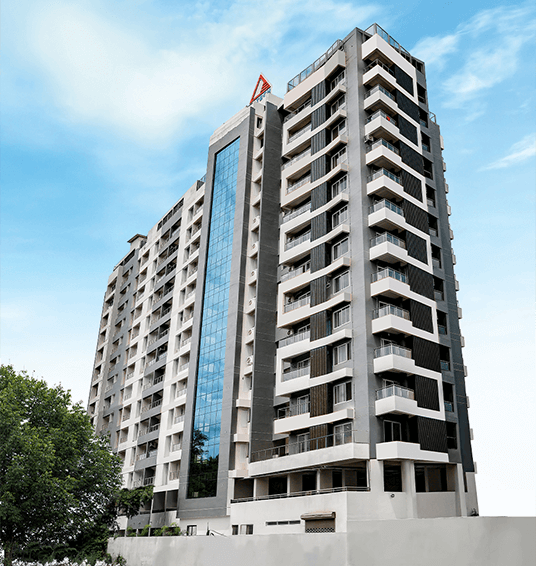
Starting off on your own kitchen can be quite exciting as you imagine conjuring up tasty meals like your grandmother used to dish up. However, there are a few basic things you need to think about aside from having nifty storage spaces and an attractive set-up – and that’s having an excellent collection of cooking pots. In an Indian kitchen, a pressure cooker, a ‘tawa’, a couple of ‘kadhais’ (woks) and varying sizes of frying pans are a must.
But then the big question arises – which material should your cookware be made of? Should you follow the trendy way and invest in a set of modern materials like non-sticks and aluminums which are easy to take care of. Or should you go for the materials your grandmother used which included cast iron, steel, clay and ceramics? The question arises as modern cookware materials have been known to leach hormone-disrupting chemicals and toxins into the food – making them not the best of choices.
Here are details of some excellent choices of cookware materials:
Ceramic cookware
This is an inert material that doesn’t leach into your food and the best part is that it’s so easy to take care of. Their non-scratch cooking surface even allows you to use steel wool while washing. It’s great for cooking and doesn’t weight a ton like cast iron pots or have the shortcomings of stainless steel pots. It should definitely be a part of your kitchen.
Cast iron cookware
These were a favourite with the older generation and are so easy to take care of once you have gotten the hang of seasoning it properly. They are durable and inexpensive and have health benefits too – as they leach out small amounts of iron into the food, adding to your daily intake of iron! They are also great for arm exercises as they are on the heavy side. There are fancy versions of cast iron cookware also available and come coated in enamel.
Stainless steel cookware
These are heavy, durable and relatively inexpensive. They are great for Indian cooking and are safe for health too. Heavy-bottomed steel pans or pots with copper-coated bases are better for even heat distribution.
Aluminum cookware
Go for anodized aluminum pots that have the benefit of being excellent heat conductors, scratch-resistant, lightweight and very strong. Compared to raw aluminum pots, anodized pots aren’t reactive to food either.
Clay cookware
But nothing beats the traditional clay cooking pots when it comes to making certain Indian dishes. Aside from being safe, the taste is unbeatable! They are cheap and easy to replace too.












